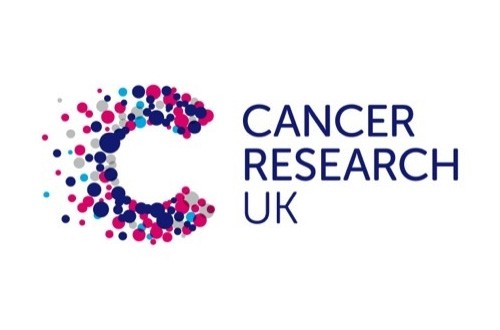 Cancer Research UK is starting a clinical trial of a first-of-its-kind vaccine for non-small cell lung cancer (NSCLC) based on ‘off-the-shelf’ human stem cells with US firm Asterias Biotherapeutics.
Cancer Research UK is starting a clinical trial of a first-of-its-kind vaccine for non-small cell lung cancer (NSCLC) based on ‘off-the-shelf’ human stem cells with US firm Asterias Biotherapeutics.
CRUK says that if the new vaccine works in clinical trials it could be an option for patients who have been successfully treated for advanced NSCLC but have a high risk of relapse, or as a combination approach with other therapies.
California-based Asterias says it expects the first patient to be enrolled into the phase I/II trial of the vaccine – called AST-VAC2 – in the second half of the year. Under the collaboration, CRUK will conduct the trial and provide the resulting data to Asterias through a license agreement, with efficacy assessed by two-year overall survival, time to relapse and measurement of immune responses.
AST-VAC2 is designed to stimulate an immune response to telomerase, an enzyme that is expressed in more than 96% of human cancers but is rarely seen in normal adult cells, other than in stem cells and germ cells. Telomerase acts as an antigen and vaccination against it can stimulate a cell-mediated immune response mediated by cytotoxic T lymphocytes.
Asterias is also developing a telomerase vaccine using cells isolated from a patient’s own peripheral blood, called AST-VAC1, in phase II testing for acute myeloid leukaemia (AML) but says there could be big advantages to an off-the-shelf version.
AST-VAC2 is derived from a standardised human embryonic stem cell line, so does not require cells to be harvested from a patient and cultured in the lab. In turn, that should make it cheaper to produce and quicker to administer, while ensuring product consistency, says the biotech.
“This vaccine trial is a pioneering approach to improving treatment for lung cancer, the biggest cause of cancer death worldwide,” said Dr Nigel Blackburn, CRUK’s director of drug development.
“By coupling our expertise with a leading biotechnology company, we’ve accelerated the development of this experimental treatment by years.”
Asterias isn’t the only biotech looking at telomerase as a cancer vaccine target, and this isn’t the first time that CRUK has backed such a product. The charity helped Roche carry out a phase III trial of its peptide-based GV1001 telomerase vaccine in pancreatic cancer several years ago, but was unable to demonstrate efficacy when added to standard chemotherapy.
Other peptide-based vaccines are in development at Italian biotech Genovax and France’s Vaxon Biotech, while other groups are looking at DNA-based vaccine approaches.
The new vaccine is made from engineered dendritic cells, which present a modified form of telomerase called hTERT on their surface. Previous dendritic cell therapies have been made using patients’ own cells, but according to CRUK this process is costly, slow and inefficient.




